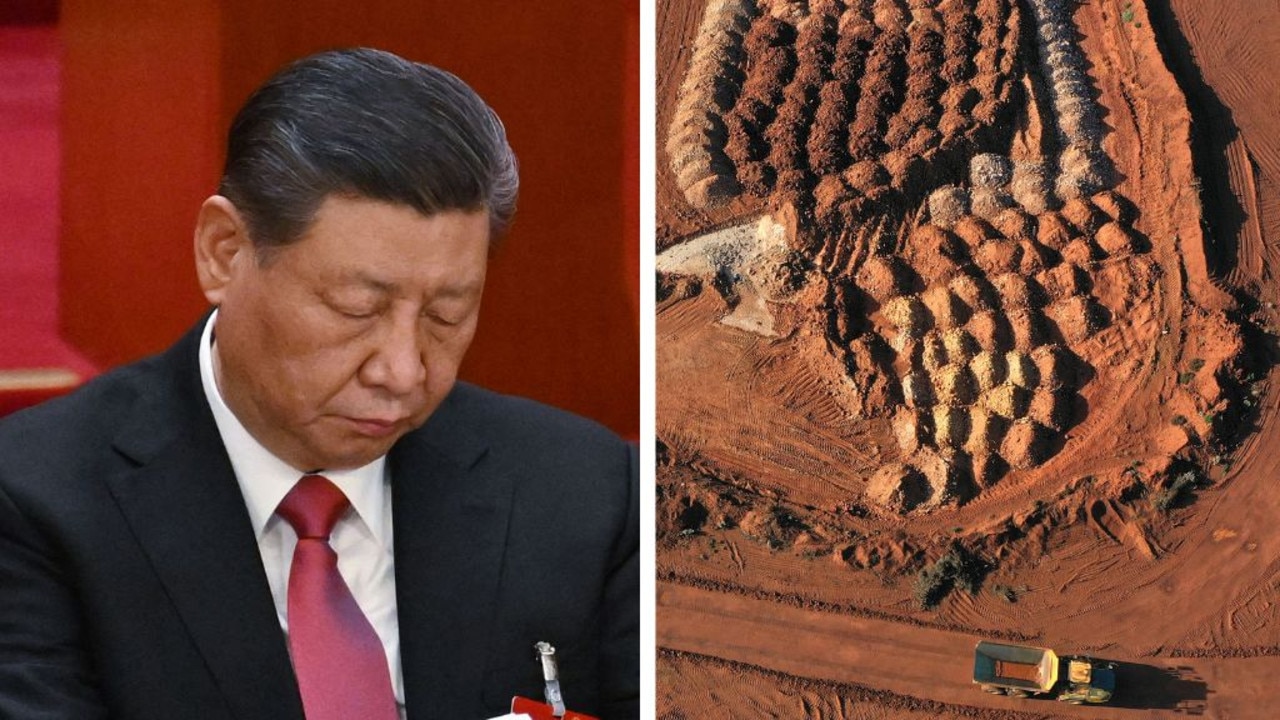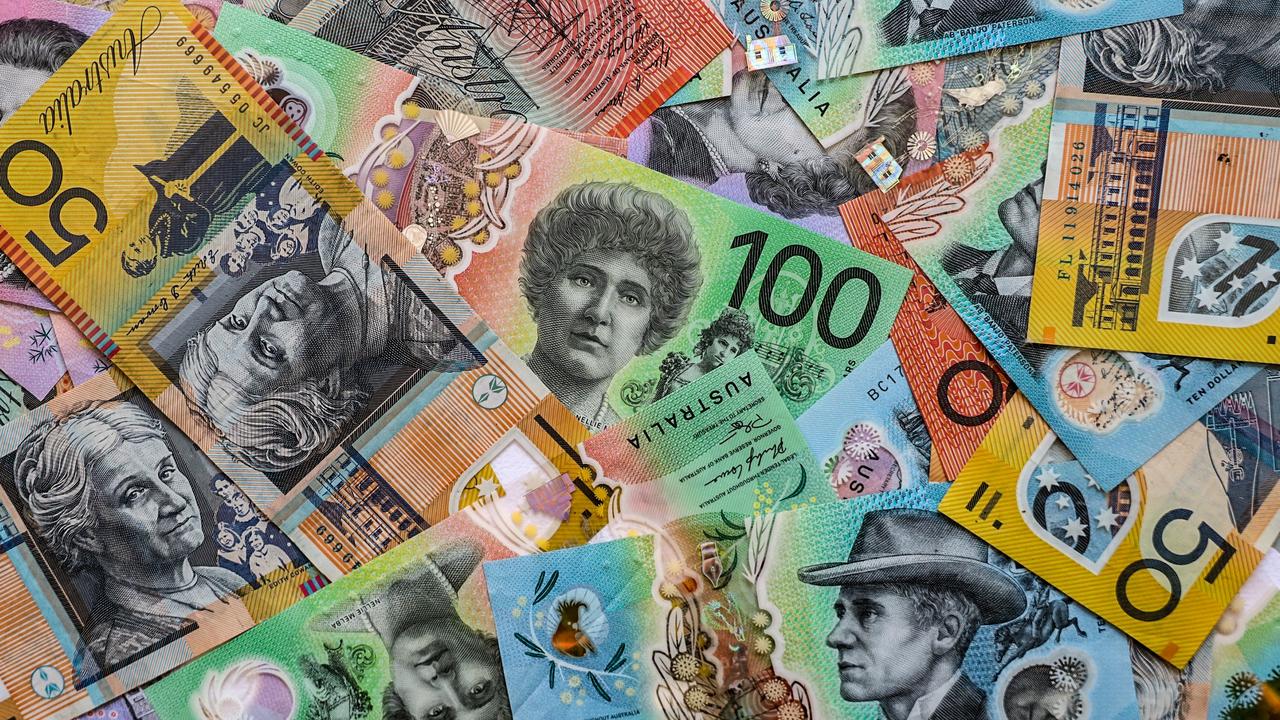Donald Trump goes after ‘dirty’ countries with savage tariffs that could cripple vulnerable economies
Donald Trump has reserved the harshest tariffs for what he calls “dirty” countries – some of the world’s most vulnerable developing economies.
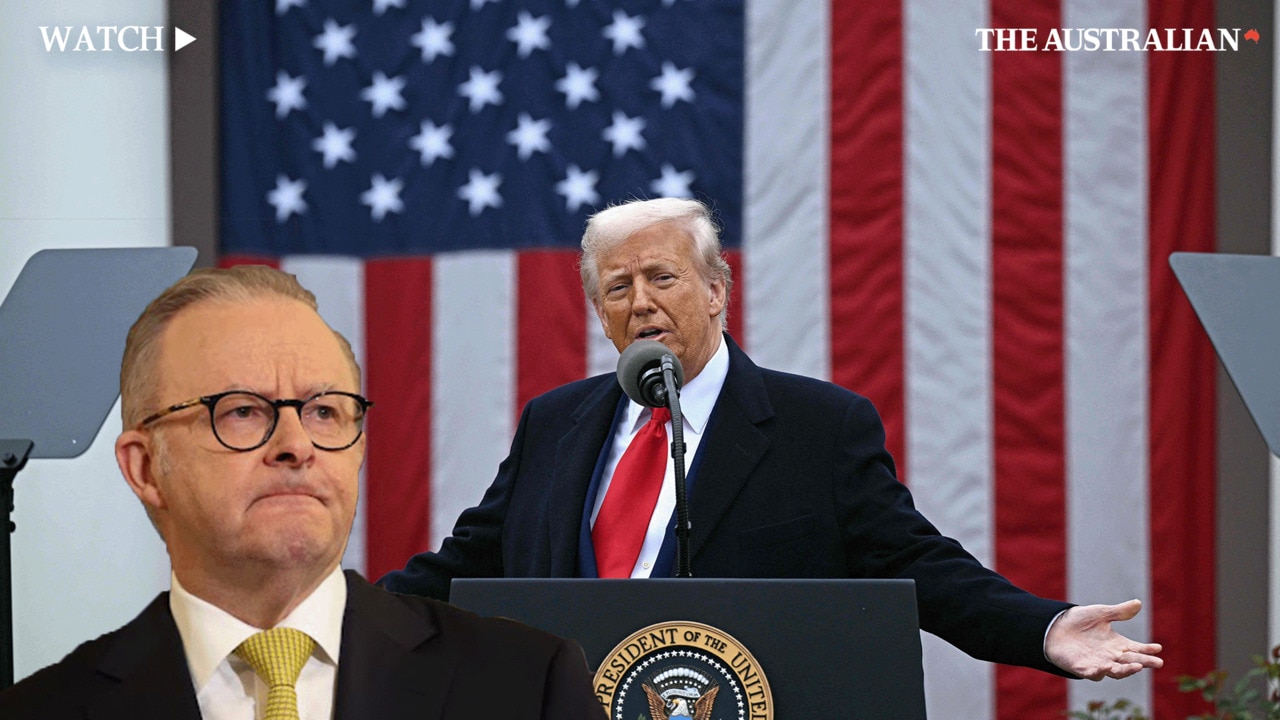
Business
Don't miss out on the headlines from Business. Followed categories will be added to My News.
Donald Trump’s long-awaited plan to impose hefty tariffs on America’s trade partners has arrived and some of the world’s most vulnerable economies have been harshly punished.
A number of economists have warned the president’s fiscal assault will spark a trade war, result in an economic downturn in the United States, and undermine longstanding diplomatic relations.
For his part, Mr Trump has described the tariffs as a response to decades of “unfair” practices and a mechanism to support American industries.
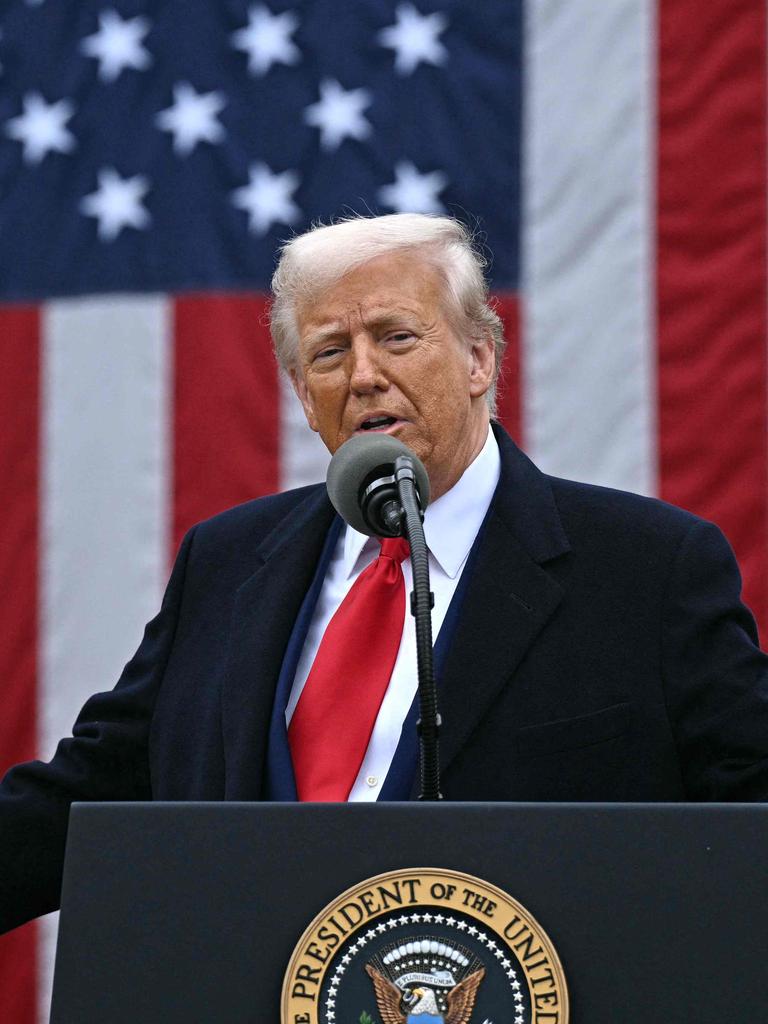
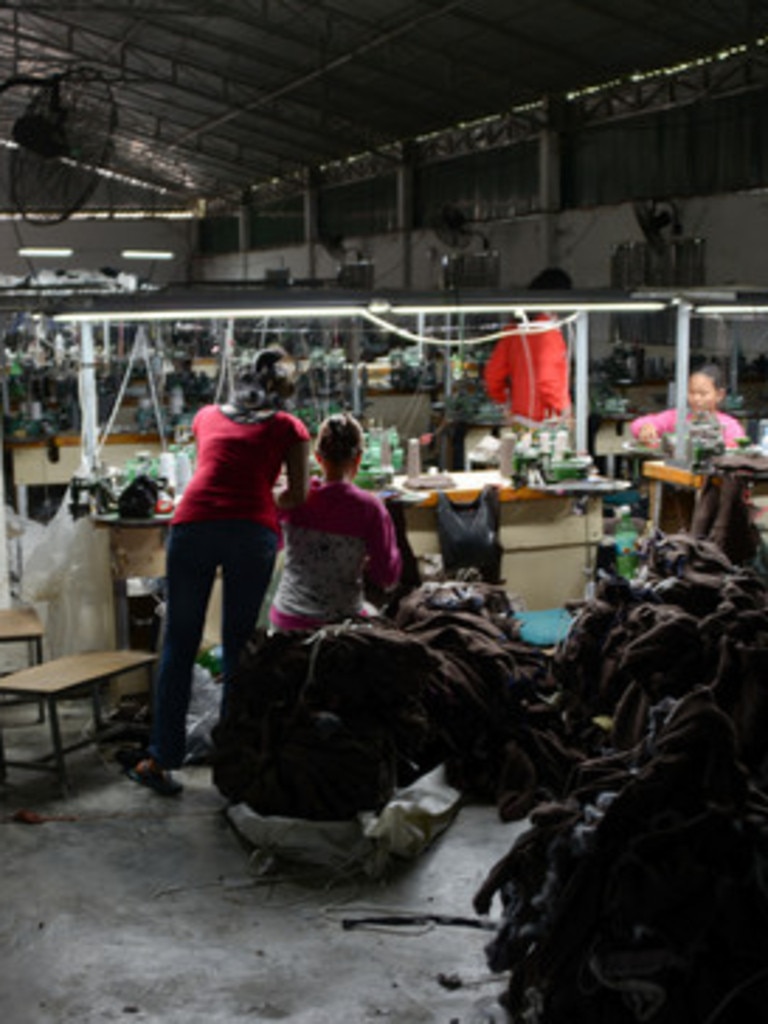
Mr Trump announced today the US will impose a minimum 10 per cent tariff – a tax on exports to the country – across the board.
However, some countries will be particularly hard hit – what the president dubbed the “worst offenders” in trade practices.
As a result, emerging economies in Asia have been hammered.
In previous days, White House economic adviser Kevin Hassett had made reference to a group of 10 to 15 “dirty” countries that would be worst affected, and today that list has become clear.
They’re nations that have their own high tariffs on US exports, although the World Trade Organisation views those elevated rates as necessary to support small and developing economies.
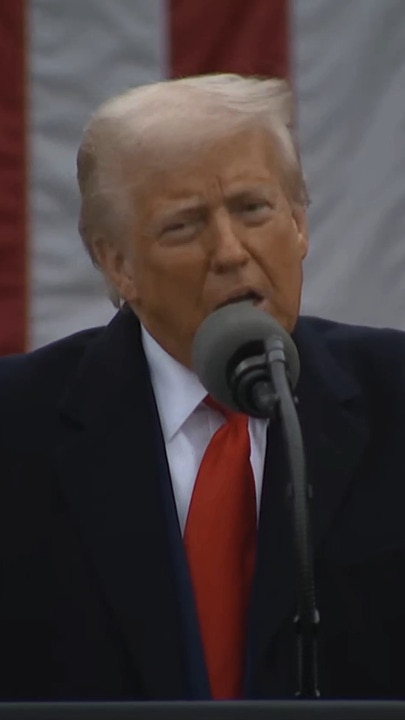
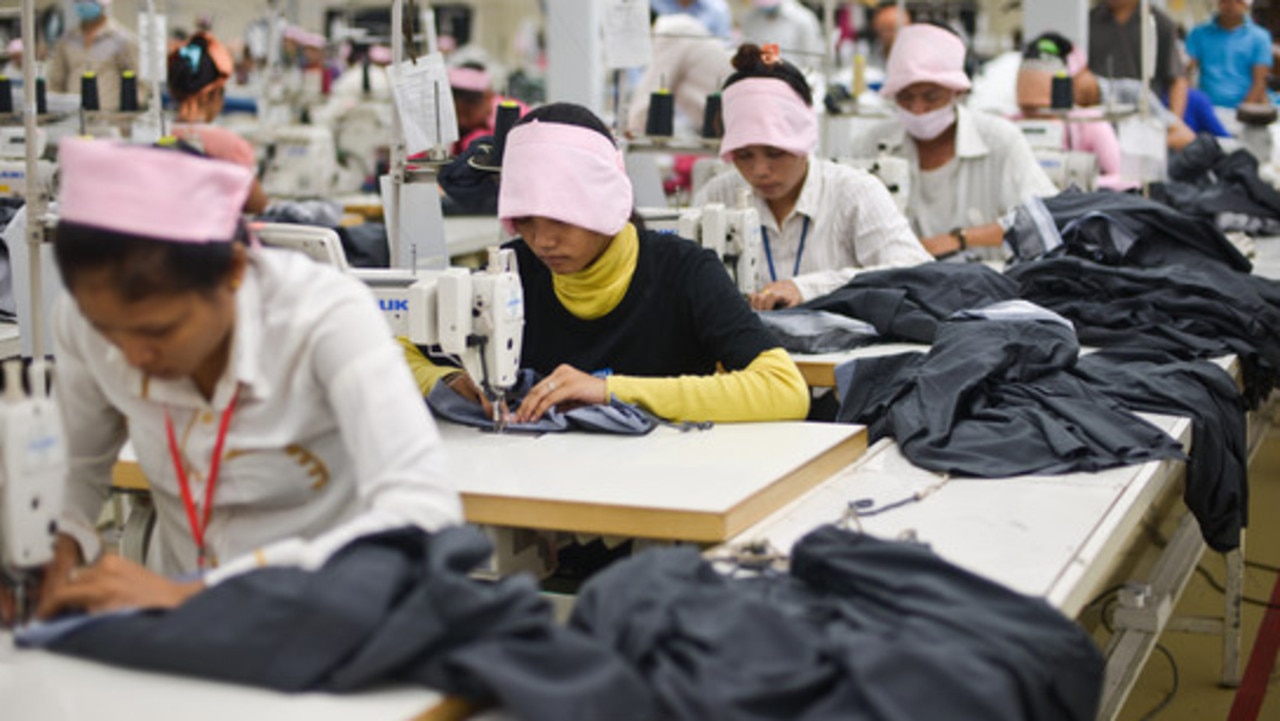
For example, the largest tariffs will be imposed on Cambodia at 49 per cent, Laos at 48 per cent, Vietnam at 46 per cent, and Myanmar at 44 per cent.
The fledgling African nation of Madagascar will endure a tariff of 47 per cent. The United Nations describes the country as one of the least-developed in the world.
Also facing tariffs well above the 10 per cent blanket rate are Sri Lanka (44 per cent), Serbia, Bangladesh, and Botswana (37 per cent), Thailand (36 per cent), Taiwan and Indonesia (32 per cent), Switzerland (31 per cent), and South Africa (30 per cent).
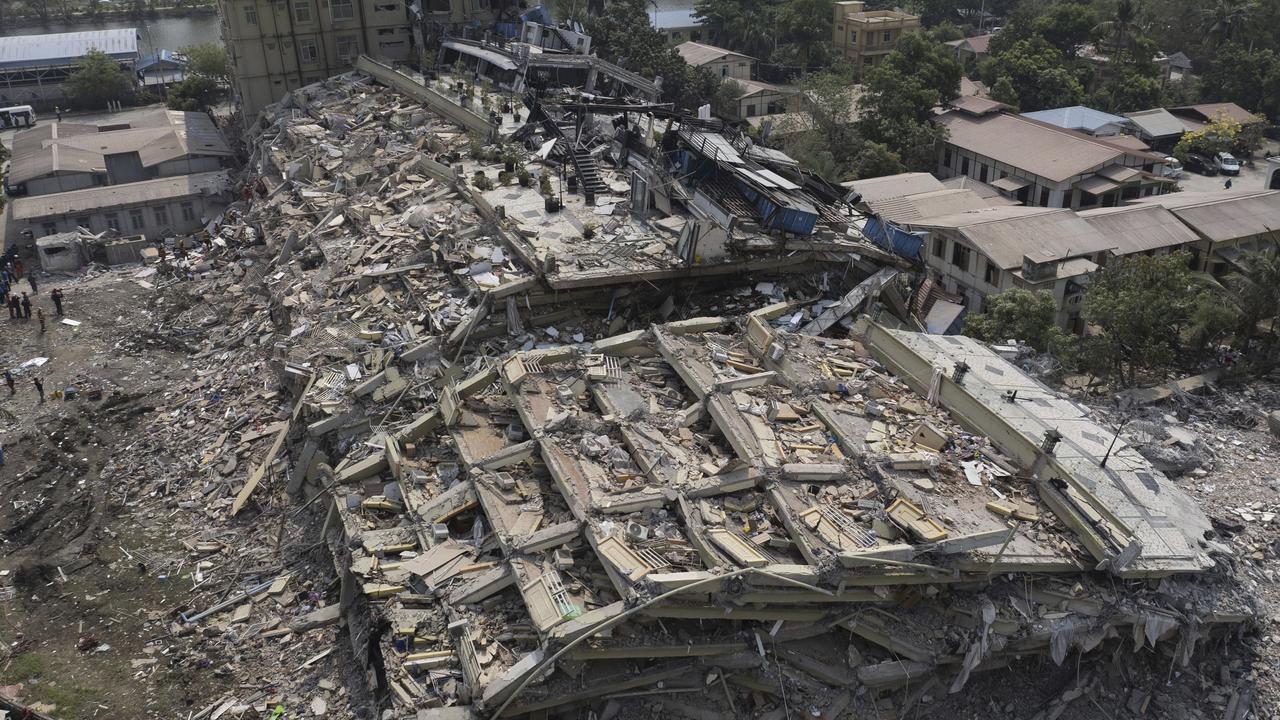
Meanwhile, the US will impose a 34 per cent tariff on exports from China, continuing the trend of harsh economic treatment of the country that was evident during Mr Trump’s first term in office.
And the European Union will be subjected to a blanket 20 per cent tariff.
Ireland will be especially hard-hit as a result because of the size of its trade market with the US.
Last year, exports to America were worth a staggering €73bn (AU$125 billion) to the Irish economy. That’s about a third of its total exports.
Prime Minister Micheál Martin on Monday described the scenario as posing “a very grave and serious threat”.
Particularly strong is the pharmaceutical export market. A number of major drug-makers have production facilities in Ireland, including Pfizer.

America’s trade deficit – the gap between what it imports and what it exports – with Vietnam is the third-highest of all countries.
Last year, it came in at US$123 billion (AU$195 billion).
Mr Trump had indicated those nations with the heftiest trade deficits would be a prime target.
In unveiling his plan, which he dubbed ‘Liberation Day’ and a way for America to be “reborn” and enter a “new Golden Age”, the president said the US economy had been “looted, pillaged, raped and plundered” by tariffs on its exports.
“It’s our declaration of economic independence,” he said at a press conference at the White House.
“Today we are standing up for the American worker and we are finally putting America first.”
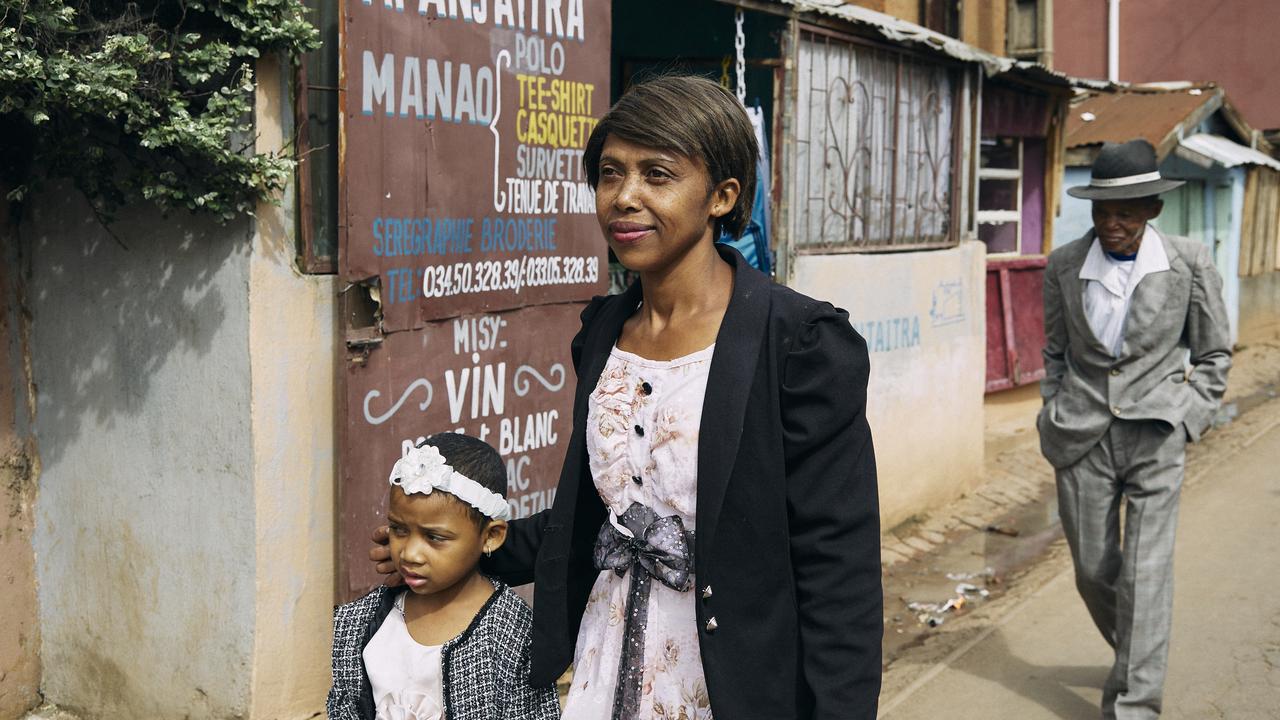
He added that it marked “one of the most important days in American history, in my opinion”.
And compared to the taxes imposed on it, America had been “kinder” in its reciprocal approach, he added.
In analysis, NBC senior business correspondent Christine Romans said the threat of retaliation is high.
“We’re probably closer to the beginning of this trade war than we are to the end of it,” Romans said.
“That’s because of the resulting negotiation and retaliation, with other countries firing back. An all-out trade war between America and its allies could mean recessions for everybody.
“After a while, it could become a loop of retaliation, and it could just go on from there. That would hurt US producers and consumers, as well.”
Today’s announcement follows previously implemented tariffs on Chinese imports, steel and aluminium, foreign-made cars, and some products from Canada and Mexico.
The taxes announced today will not apply to America’s neighbours, the White House confirmed.
Mr Trump’s regime is effective from today.
Originally published as Donald Trump goes after ‘dirty’ countries with savage tariffs that could cripple vulnerable economies






